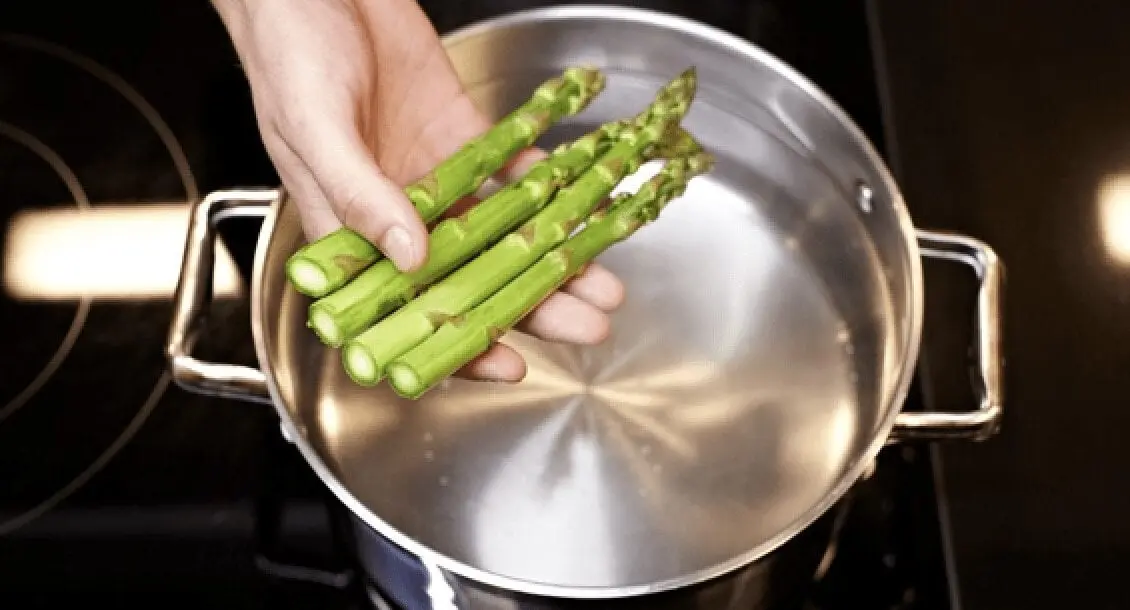Contents
Introduction
Why are restaurant vegetables always so juicy, crispy, delicious, and bright? And when you cook them at home and seem to follow the same recipe, are they inferior to restaurant ones? It’s all about one trick that chefs use.
It is blanching. An interesting effect you can obtain by blanching: the work of enzymes that destroy the structure, color, and aroma of the product slows down or even stops. French chefs were the first to blanch products since the term itself comes from the French word “blanchir,” that is, bleach, scald with boiling water.
And, as you probably already guessed, this method consists in the fact that during blanching, the product is either poured over with boiling water or immersed in boiling water for several minutes or kept in a sealed container for the same few minutes, exposing it to hot steam.

How to blanch vegetables
The usual calculation of water for blanching is 4 liters of water for 1 kg of vegetables.
- Pour water into a saucepan and bring to a boil.
- Peel and cut the vegetables into slices, as you will use them in the finished dish (you can cut vegetables into slices, cubes, strips, etc.).
- Place vegetables in a colander, wire basket, or blanching net and dip in boiling water.
- Time yourself and keep the vegetables in boiling water for as long as required in each case.
- As soon as the blanching time has elapsed, remove the colander (or net) with vegetables from the boiling water and immediately immerse it in a container of cold, or preferably ice water, to stop the cooking process. The temperature difference can cause cold water to warm up, so it is good to change it several times or leave the vegetables in a container under running water.
How long vegetables are blanched
- Greens blanch the fastest. It is enough to hold it on a steam bath for 1 minute.
- For asparagus and spinach, you need 1-2 minutes.
- Next, apricots, soft apples, green peas, zucchini, young ring carrots, and cauliflower – 2-4 minutes in boiling water are enough.
- Blanching cabbage (Brussels sprouts, cabbage, broccoli, and kohlrabi) takes 3-4 minutes.
- For scalding onions, celery, eggplants, mushrooms, pears, hard apples, and quince, 3-5 minutes is enough.
- Blanching potatoes, green peas, and sweet corn cobs take 5-8 minutes.
- Beets and whole carrots should be kept in boiling water for the longest time – at least 20 minutes.









